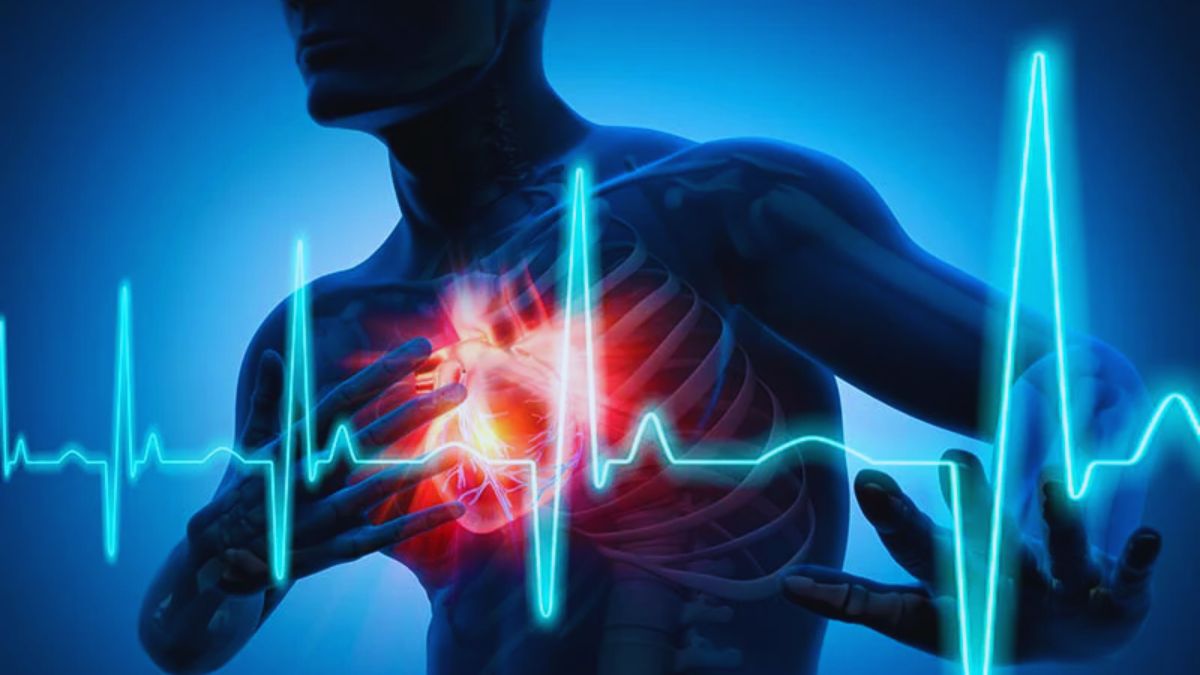When most people think of heart disease, they picture a sudden and dramatic heart attack. However, heart problems usually don’t strike out of the blue. In reality, they often develop slowly and quietly, showing up as subtle discomforts that many people dismiss. Doctors warn that the body typically starts giving signals up to six months before a major cardiac event.
Recognizing these silent symptoms of heart disease can make the difference between early treatment and a life-threatening emergency.
6 Silent Symptoms of Heart Disease You Should Never Ignore
1. Constant Fatigue
- What to look for: Feeling drained after a busy day is normal. But when you notice overwhelming tiredness even after routine tasks—like walking across the room, climbing a few stairs, or doing light chores—it could be a red flag.
- Why it matters: When the heart isn’t pumping blood efficiently, oxygen supply to the body drops. This leads to lasting fatigue that rest doesn’t fix. Women, in particular, may mistake this exhaustion for stress, aging, or overwork, overlooking its connection to heart health.
2. Shortness of Breath
- What to look for: Breathlessness after intense exercise is expected. But struggling to breathe while resting, lying down, or suddenly waking up gasping for air is not normal.
- Why it matters: Shortness of breath may occur when fluid builds up in the lungs due to a weakened heart. Many dismiss it as poor fitness or aging, but it often signals that the heart is under stress and failing to circulate blood properly.
3. Indigestion
- What to look for: Stomach pain, nausea, or bloating is often brushed off as indigestion or gas, especially after eating.
- Why it matters: The nerves linking the heart and digestive system are closely connected. Reduced blood flow to the heart can trigger gastrointestinal symptoms that mimic common digestive issues. This is especially common in women and older adults, who may misinterpret heart-related discomfort as harmless stomach trouble.

4. Dizziness or Fainting
- What to look for: Feeling lightheaded occasionally may not be serious, but frequent dizziness or episodes of fainting deserve attention.
- Why it matters: These symptoms can indicate arrhythmias (irregular heartbeats) or blockages that cut off blood supply to the brain. Ignoring them increases the risk of sudden and severe complications, including stroke or cardiac arrest.
5. Swelling
- What to look for: Noticeable swelling in your feet, ankles, or even around your abdomen, especially if it worsens at the end of the day or doesn’t go away, should not be ignored under any circumstance.
- Why it matters: Persistent swelling, medically called ‘oedema’, happens when the heart struggles to pump blood effectively. This causes fluid retention in tissues. Many people mistake it for water retention or long hours of standing, but it is often linked to underlying heart failure.
6. Chest Discomfort
- What to look for: Chest pain is often thought of as a sharp, crushing sensation. But heart-related chest discomfort can feel like pressure, heaviness, tightness, or even burning—similar to acid reflux. It may also radiate to the arms, back, or jaw.
- Why it matters: Because this discomfort often eases with rest, people assume it’s nothing serious. In reality, it could be an early warning of restricted blood flow to the heart, a precursor to angina or heart attack.

When to See a Doctor
If you experience any of these symptoms for more than a few days—or notice that they get worse during activity—it’s important to consult a doctor immediately. Simple diagnostic tests such as an electrocardiogram (ECG), or a treadmill stress test can detect heart issues early. According to cardiologists, timely diagnosis combined with medication and lifestyle changes—like maintaining a balanced diet, regular exercise, and stress management—can drastically reduce the risk of severe heart disease.
Heart disease doesn’t always announce itself with dramatic signs. Sometimes, the body whispers warnings in the form of fatigue, shortness of breath, stomach discomfort, dizziness, swelling, or mild chest pain. Paying attention to these silent symptoms of heart disease and acting early can save lives.



